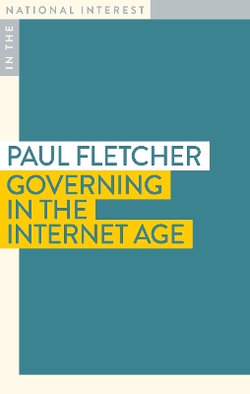Over the past thirty years, the internet has transformed virtually every area of human activity, social and economic. The bulk of these changes have been positive, allowing people to work, imagine and connect with each other in new ways.
The boost to economic activity has been enormous. But along with the benefits have come new risks. Our children can learn and play on the internet, but they can also be bullied there, or unwittingly stumble across extreme pornography. For ordinary citizens, the internet provides an unprecedented opportunity to comment and participate in public discourse; but the same digital platforms providing this opportunity can also be forums for the wide circulation of abusive, defamatory or grossly inaccurate material. And while the internet has created vast new opportunities for businesses and consumers, it has disrupted many traditional forms of economic activity. The result is a rich set of policy challenges for governments.
Paul Fletcher is Australia’s Minister for Communications and has worked on internet policy issues for twenty-five years. In Governing in the Age of the Internet, he outlines the key challenges the internet has posed for governments as they seek to preserve their sovereignty, protect their citizens from harm, and regulate neutrally between traditional and online business models. Yes, the internet has changed everything — and that goes for governing, too.




Share This Book: